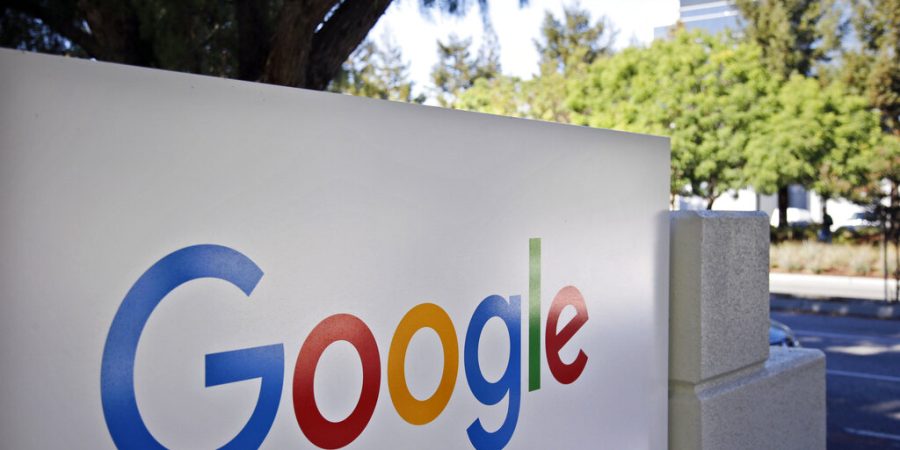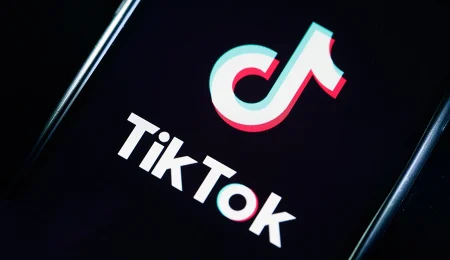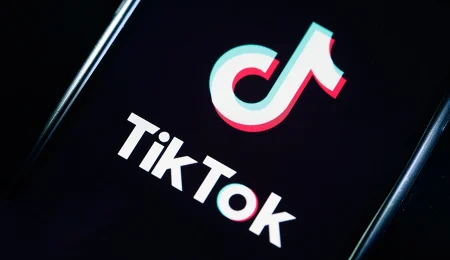US regulators are urging a federal judge to dismantle Google to prevent it from suppressing competition through its dominant search engine, following a court ruling that found the company had maintained an abusive monopoly over the past decade.
In a 23-page document filed late Wednesday, the US Department of Justice proposed significant penalties, including the sale of Google’s leading Chrome web browser and restrictions to prevent Android from prioritising its search engine.
The Justice Department argued that selling Chrome would end Google’s control over this crucial access point and give rival search engines a fair chance to compete, as the browser is a gateway to the internet for many users.
Although regulators stopped short of demanding Google sell Android, they suggested the judge should consider it if the company continues to exhibit misconduct, indicating that divestiture could still be on the table.
These recommendations underscore the severity with which President Joe Biden’s administration believes Google should be punished after US District Judge Amit Mehta’s August ruling that labelled the company a monopolist.
However, the Justice Department officials handling the case under President-elect Donald Trump might not adopt such a stringent stance. Hearings on Google’s punishment are scheduled to begin in April, with Mehta aiming to issue his final decision by Labour Day.
Should Mehta accept the government’s proposals, Google must sell its 16-year-old Chrome browser within six months of the final ruling. Google is expected to appeal any penalties, potentially prolonging the legal battle that has lasted more than four years.
Besides seeking a Chrome spinoff and Android restrictions, the Justice Department wants to ban Google from making deals that ensure its search engine is the default on Apple’s iPhone and other devices. It also seeks to prevent Google from favouring its own services, like YouTube or its new AI platform, Gemini.
Regulators also propose that Google license its search index data to rivals, enhancing their ability to compete. Additionally, they want Google to be more transparent about how it prices advertisements near the top of search results.
Concerned about Google’s use of artificial intelligence in search results, regulators advised Mehta to ensure websites can protect their content from Google’s AI training techniques.
These measures could significantly impact a business expected to generate over $300 billion in revenue this year.
“The playing field is not level because of Google’s conduct, and Google’s quality reflects the ill-gotten gains of an advantage illegally acquired,” the Justice Department stated. “The remedy must close this gap and deprive Google of these advantages.”
The Justice Department might reconsider breaking up Google, especially if Trump replaces Assistant Attorney General Jonathan Kanter, who was appointed by Biden to lead the antitrust division.
Although the case against Google was filed during Trump’s first term, Kanter oversaw the trial that resulted in Mehta’s ruling. Kanter, along with Federal Trade Commission Chair Lina Khan, has taken a tough stance against Big Tech, discouraging many business deals over the past four years.
Trump recently expressed concerns that breaking up Google might be too extreme but did not suggest alternative penalties. Matt Gaetz, Trump’s nominee for US Attorney General, has previously advocated for breaking up Big Tech companies and faces a tough confirmation hearing.
Kanter’s latest filing details measures needed to restore competition in search, following an initial outline six weeks ago. However, his proposals raise questions about whether regulators aim to impose controls beyond the issues addressed in last year’s trial and Mehta’s ruling.
One of Mehta’s main concerns was Google’s practice of paying over $26 billion annually to maintain default search deals. Still, it’s uncertain if the judge will support the Justice Department’s call to spin off Chrome or restrict Android completely.
Follow us on:



